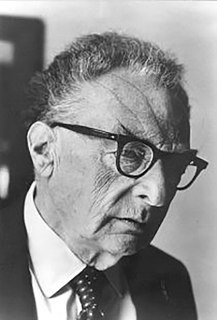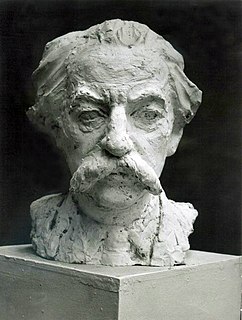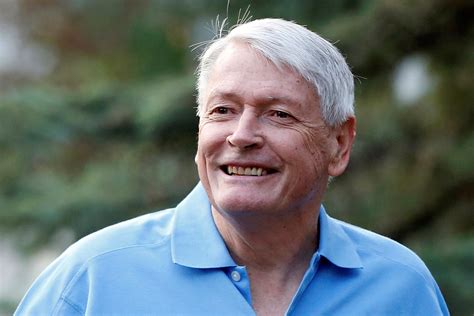A Quote by Roman Jakobson
In poetic language, in which the sign as such takes on an autonomous value, this sound symbolism becomes an actual factor and creates a sort of accompaniment to the signified.
Related Quotes
A sign, or representamen, is something which stands to somebody for something in some respect or capacity. It addresses somebody,that is, creates in the mind of that person an equivalent sign, or perhaps a more developed sign. That sign which it creates I call the interpretant of the first sign. The sign stands for something, its object. It stands for that object, not in all respects, but in reference to a sort of idea, which I have sometimes called the ground of the representamen.
Contemporary poetry ... tries to transform the sign back into meaning:
its ideal, ultimately, would be to reach not the meaning of words, but the
meaning of things themselves. This is why it clouds the language, increases
as much as it can the abstractness of the concept and the arbitrariness
of the sign and stretches to the limit the link between signifier and signified.
When any person of really eminent virtue becomes the object of envy, the clamor and abuse by which he is assailed is but the sign and accompaniment of his success in doing service to the public. And if he is a truly wise man, he will take no more notice of it than the moon does of the howling of the dogs. Her only answer to them is to shine on.
when Christian theology becomes traditionalism and men fail to hold and use it as they do a living language, it becomes an obstacle, not a help to religious conviction. To the greatest of the early Fathers and the great scholastics theology was a language which, like all language, had a grammar and a vocabulary from the past, but which they used to express all the knowledge and experience of their own time as well.
Sound words can't be understood through formal study of the language alone. They're felt when you immerse yourself in the culture or lifestyle that becomes a part of you. The Japanese language is abundant with onomatopoeia. Even though I've lived in Japan a long time, sound words are still an uncertain territory. And I think new words are being created every day. Even when I don't know a word I can sometimes connect it to a meaning using the sensations produced by the sounds, which feels like I'm playing with words.





































